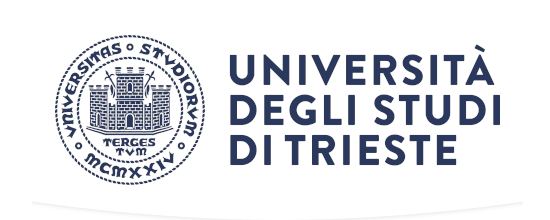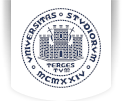The MSc Course in Civil Engineering aims to offer the student advanced professional training in the field of design, construction and management of constructions and civil and hydraulic works, infrastructures and transport systems, with attention to sustainability aspects. economic, energy and environmental.
In all areas of application, the master's graduate will be able to conceive the work, the system, the system object of the design in response to specific functional requirements in compliance with the current technical regulations, to define all the construction characteristics and/or organizational, to take care of its implementation and finally to follow its management over time. He will be able to operate in multidisciplinary contexts using modern digital technologies at the service of civil engineering.
The training course is aimed at graduates with a solid preparation in the basic sciences and a broad-spectrum knowledge of the engineering sciences preparatory to those characterizing civil engineering at master's degree level. Part of the first year includes common teachings in order to transmit a coherent set of knowledge and methodologies in the major branches of modern civil engineering techniques (structures, infrastructures, hydraulics, construction). The rest of the first and second year are dedicated to specialist insights relating to the following areas:
- structures and construction redevelopment of buildings, with attention to both the problems of new works and those of the refunctionalization of existing buildings;
- hydraulic and environmental management and sustainability, where methods and techniques for designing hydraulic infrastructures and managing the environmental risk of the territory are developed;
- engineering of transport systems and infrastructures, dedicated to transport management with in-depth analysis in the field of logistics and infrastructure works.
In each of the specialist areas, design exercises are planned aimed at promoting student involvement in the respective application contexts. They also include educational activities dedicated to the in-depth study of experimental, physical and numerical modeling methods and techniques for the analysis of civil engineering components, works and systems.
The training course also includes an internship in companies, industries, public and private bodies and professional firms and the preparation of the master's degree thesis which is discussed in the final exam.


